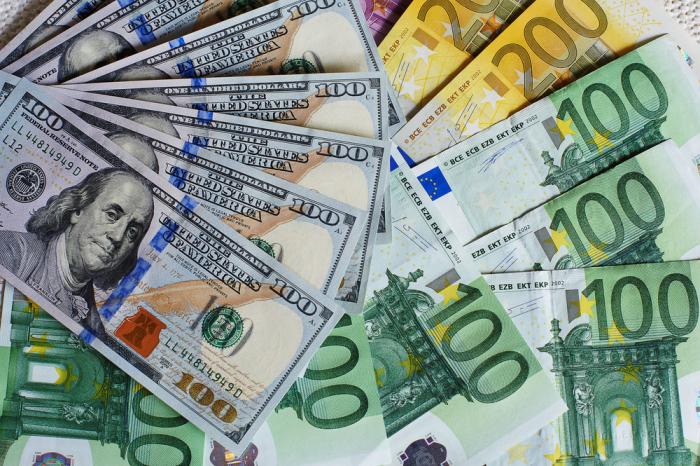Markets
Draghi Says Recovery Is Broad While Inflation Fails to Convince

Gold
Gold Steadies After Initial Gains on Reports of Israel’s Strikes in Iran
Commodities
Global Cocoa Prices Surge to Record Levels, Processing Remains Steady
Crude Oil
Dangote Refinery Leverages Cheaper US Oil Imports to Boost Production
-

 Forex2 weeks ago
Forex2 weeks agoZiG to the Rescue: Zimbabwe Shifts Gear with New Currency Backed by Gold
-



 Naira2 weeks ago
Naira2 weeks agoDollar to Naira Black Market Today, April 9th, 2024
-

 Naira4 weeks ago
Naira4 weeks agoDollar to Naira Exchange Rate at Black Market Today, March 21st, 2024
-

 Company News4 weeks ago
Company News4 weeks agoNNPC Gears Up for Public Listing, Embraces Full Commercialization
-

 Billionaire Watch1 week ago
Billionaire Watch1 week agoNigerian Billionaire Tony Elumelu Contemplates Acquiring NPFL Club
-





 Naira2 weeks ago
Naira2 weeks agoDollar to Naira Black Market Today, April 8th, 2024
-





 Naira4 weeks ago
Naira4 weeks agoDollar to Naira Black Market Today, March 26th, 2024
-





 Naira1 week ago
Naira1 week agoNaira Hits Eight-Month High at 1,120/$ Amidst Central Bank Reforms


















